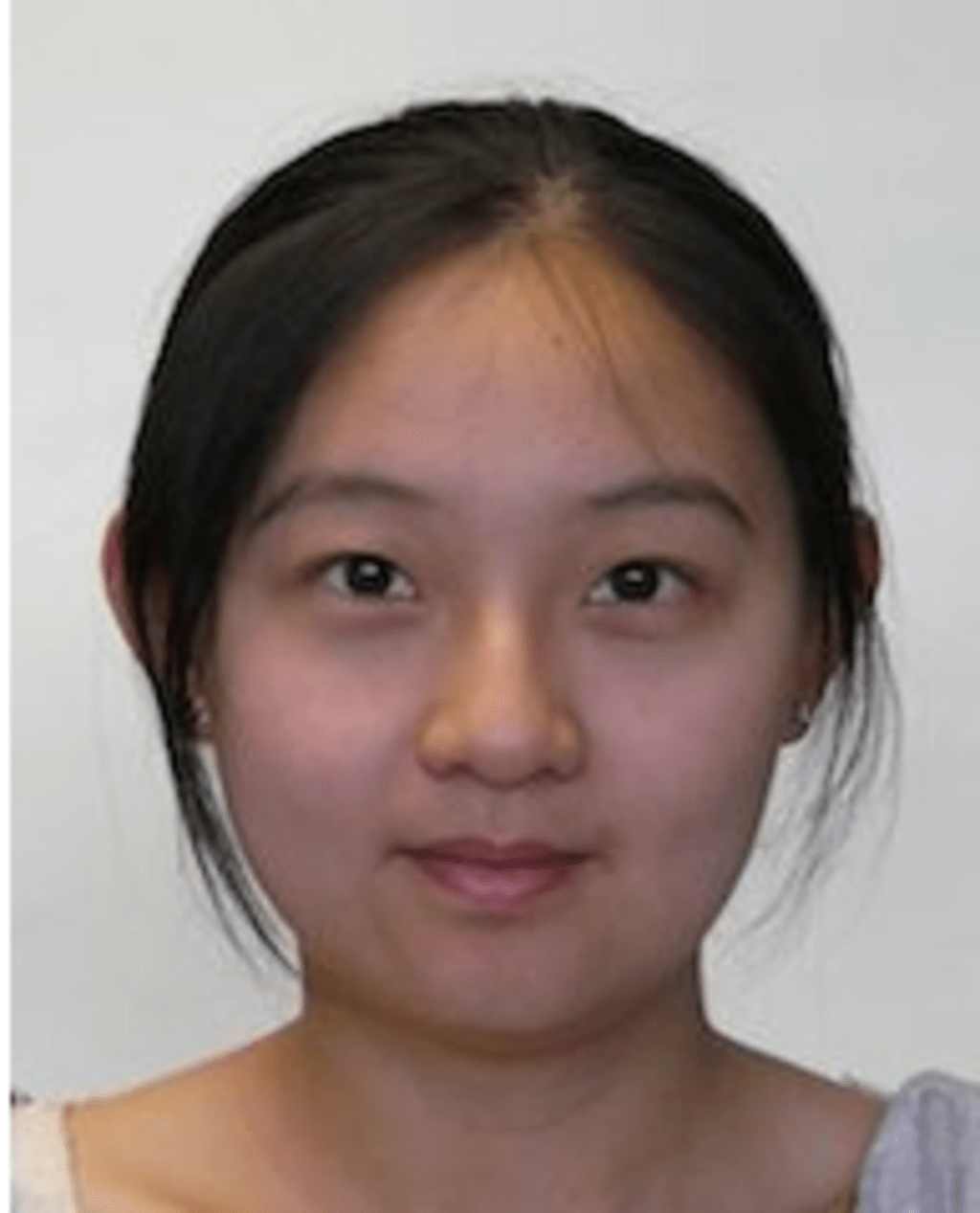The Quest for Solving Quantum Chromodynamics: the tensor network approach
Colloquium featuring Karl Jansen - NIC/DESY Zeuthen, Germany
The strong interaction of quarks and gluons is described theoretically within the framework of Quantum Chromodynamics (QCD). The most promising way to evaluate QCD for all energy ranges is to formulate the theory on a 4 dimensional Euclidean space-time grid, which allows for numerical simulations on state of the art supercomputers. We will review the status of lattice QCD calculations providing examples such as the hadron spectrum and the inner structure of nucleons.

 Xiaodong Ma: Topological insulator and the quantum anomalous Hall effect
Xiaodong Ma: Topological insulator and the quantum anomalous Hall effect